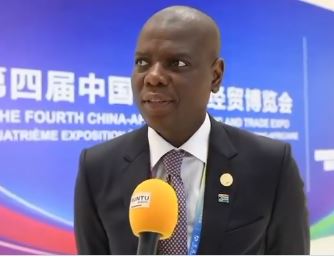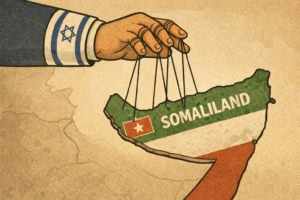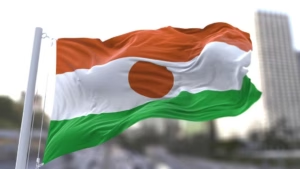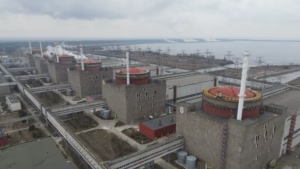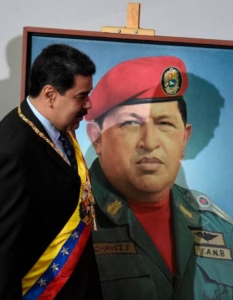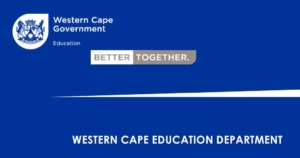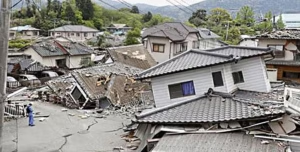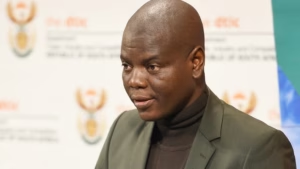South Africa’s Cabinet is expected to reach a decision by the end of the year on whether to shut down the Israeli embassy in Pretoria, a move that would signal a major shift in the country’s diplomatic posture amid the ongoing conflict in Gaza.
This development was disclosed by Ronald Lamola, the Minister of International Relations and Cooperation, during a question-and-answer session in the National Council of Provinces on Tuesday. He was responding to a query from Economic Freedom Fighters Member of Parliament Virgill Gericke, who sought clarity on the implementation of the National Assembly’s November 2023 resolution calling for the closure of the Israeli embassy.
“In accordance with the constitutional principle of the separation of powers, the authority to decide on the possible closure of the Israeli embassy in South Africa rests solely with the Cabinet,”
Lamola said.
“Once Cabinet has deliberated and reached a final destination, the Department of International Relations and Cooperation will act in accordance with these directives,”
he added.
The November resolution, which was backed by a majority in the National Assembly, was viewed by its supporters as a moral stance against the continued Israeli military campaign in Gaza and the West Bank. However, its implementation rests with the executive arm of government, where consultations are still ongoing.
Lamola noted that the matter had been processed through the relevant intergovernmental cluster systems and a memorandum is being finalised for submission to Cabinet. While he could not offer a specific timeline, he said:
“I can state that before the end of the year, Cabinet will have processed the matter.”
South Africa had already downgraded its diplomatic relations with Israel prior to the November resolution, a symbolic move intended to express dissatisfaction with the Israeli government’s actions in Palestinian territories.
“The downgraded embassy only just facilitates the normal processes of visa and travelling of civilians between the two countries, with no full operation of a full embassy in terms of liaising on political, diplomatic, and also economic relations between the two countries,”
Lamola explained.
This limited function underscores South Africa’s growing distance from Israel, but stops short of a full severance of diplomatic ties.
Addressing concerns about potential foreign influence on the government’s decision-making, Lamola was unequivocal:
“Cabinet has to undergo its internal processes, which it will be undergoing to deal with this matter, and it is being processed. It will be processed objectively, in line with the South African Constitution, with no external pressure to be exerted on the South African government by any forces or anyone. The South African government will act within its sovereignty to make decisions informed by facts, policies, the Constitution, the National Development Plan, and national interests,”
he said.
This assertion came in response to a question about whether outside forces were attempting to sway Cabinet’s stance on the embassy issue.
Lamola confirmed that Cabinet would also consider whether further diplomatic and economic measures against Israel are appropriate, but any such steps would require thorough deliberation.
“The South African government will continue to support the work that has been done by other countries. The European Union, its member states, have also begun to sanction some of the leaders of the Israeli regime in terms of economic sanctions, and also some countries like those in the G-7 have announced this type of measures,”
he stated.
He emphasised that South Africa is spearheading legal action on the international stage.
“The existing decision that has been taken relates to taking the Israeli government to the International Court of Justice,”
Lamola said.
Any decision to impose economic sanctions would not be unilateral, but rather require cooperation across multilateral platforms:
“The wheel is coming to a full cycle with all member countries of the UN, either putting economic sanctions, political pressure through diplomatic channels, and we are leading the legal route of the process. So there is a contribution by many member states of the UN to continue to exert the necessary pressure to stop the ongoing genocide by the Israel Defense Force,”
he remarked.
There has been speculation that cutting diplomatic ties could weaken South Africa’s ability to act as a mediator in the Israeli-Palestinian conflict. Lamola addressed this concern by reiterating that the Cabinet would weigh all implications before taking a final decision.
“The resolution we are talking about is because it is a parliamentary resolution which the Cabinet is duty-bound to consider within the principle, obviously, of the separation of powers. We will look into all the facts and all the prevailing circumstances and present a way forward,”
he said.
South Africa’s longstanding support for a two-state solution remains unchanged. Lamola reaffirmed that Pretoria continues to use its voice on global platforms to call for an end to hostilities and for meaningful dialogue.
“We continue with that position in the various platforms of the United Nations. We continue to argue for a reason for cessation of hostilities, for the Israel Defense Force to stop its military operation in Gaza and the West Bank. We continue to call for humanitarian access to the people of Gaza and the West Bank. We continue to call for an immediate dialogue and cessation of fire that must lead to engagement towards the two-state solution,”
Lamola concluded.

